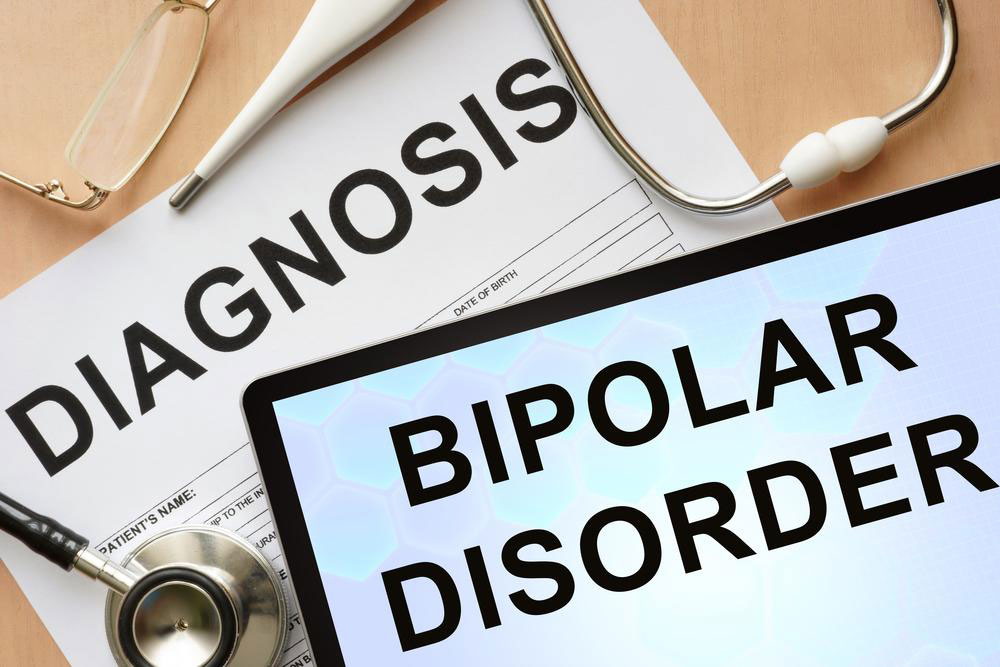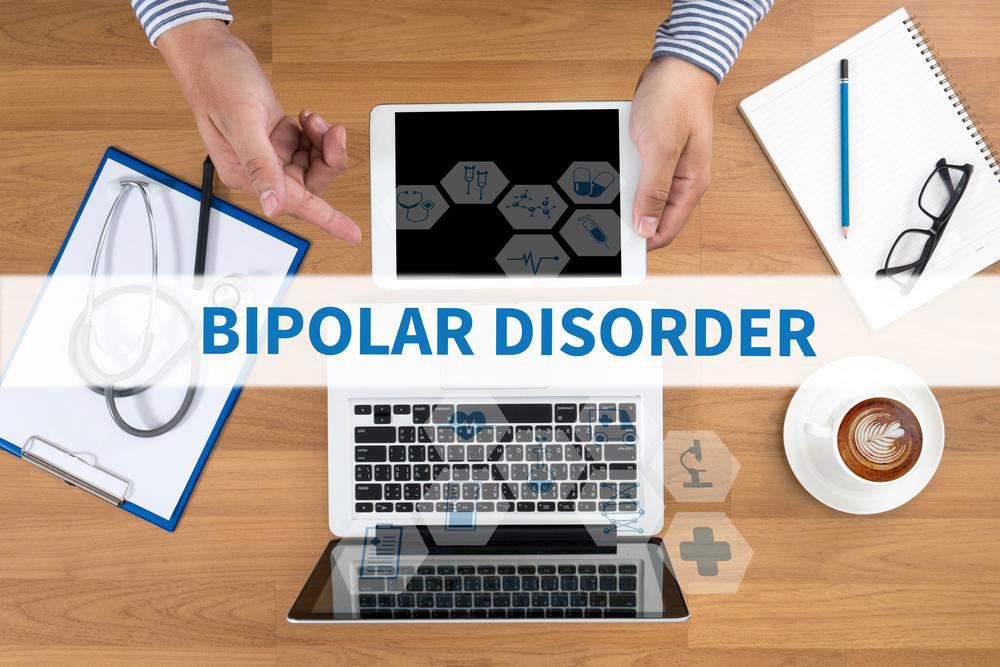Comprehensive Guide to Understanding and Managing Bipolar Disorder
This comprehensive guide explores bipolar disorder, emphasizing understanding its symptoms, diagnostic process, and management strategies. It highlights the importance of structured routines, support networks, and professional treatment to help individuals manage mood swings and live balanced lives. The article offers practical advice for patients and families to navigate the complexities of bipolar disorder effectively, promoting mental health awareness and proactive care.

An In-Depth Insight into Bipolar Disorder: Strategies for Effective Management
Bipolar disorder is a multifaceted mental health condition that significantly impacts a person's mood, energy levels, and overall functioning. Characterized by alternating episodes of mania, hypomania, and depression, it requires careful understanding and management. Being diagnosed with bipolar disorder can often seem overwhelming for patients and their loved ones, which underscores the importance of thorough education about the condition. Providing detailed information about symptoms, diagnostic procedures, and available treatment options equips patients with the tools necessary for better management and coping strategies.
Understanding the nuances of bipolar disorder empowers individuals to recognize early warning signs of mood shifts, enabling timely intervention. Creating a structured daily routine and setting realistic, achievable goals can foster stability and predictability, which are vital in managing mood fluctuations. Engaging in enjoyable hobbies, regular physical activity, and recreational activities not only promote physical well-being but also serve as outlets for emotional expression, reducing stress levels.
Support systems are crucial components in the journey of managing bipolar disorder. Connecting with support groups provides a platform for shared experiences, emotional support, and practical advice. Family education is equally important, as loved ones can play a pivotal role in monitoring symptoms and offering encouragement. If you or someone you care about exhibits signs of mood swings, unusual behavioral changes, or persistent depressive or manic episodes, seeking professional healthcare consultation without delay is essential.
Healthcare providers may recommend a combination of medication, psychotherapy, lifestyle modifications, and self-care routines tailored to individual needs. Pharmacological treatments might include mood stabilizers, antipsychotics, or antidepressants, while psychotherapy approaches such as cognitive-behavioral therapy (CBT) or dialectical behavior therapy (DBT) can assist in understanding and managing emotional responses. Long-term management involves continuous monitoring, ongoing communication with healthcare providers, and a proactive approach towards mental health maintenance.





